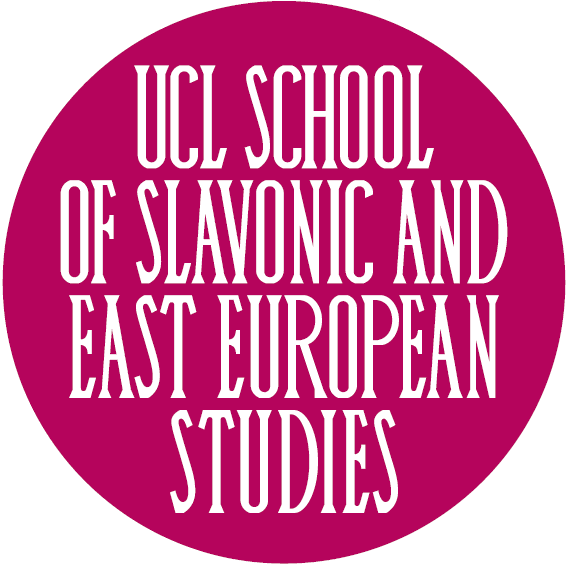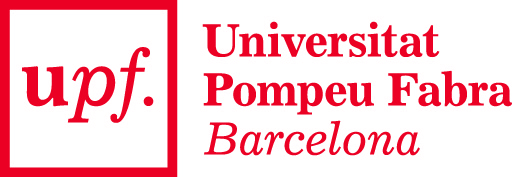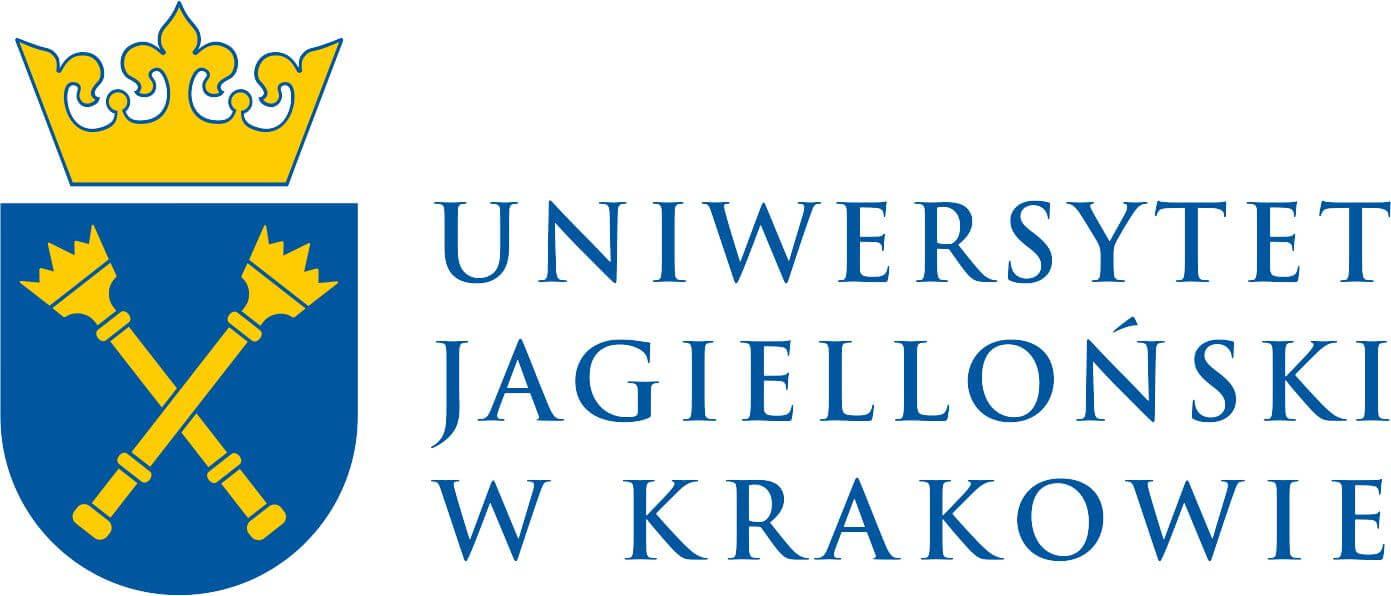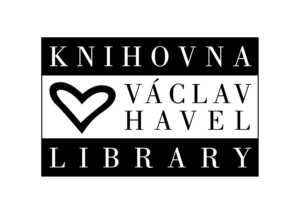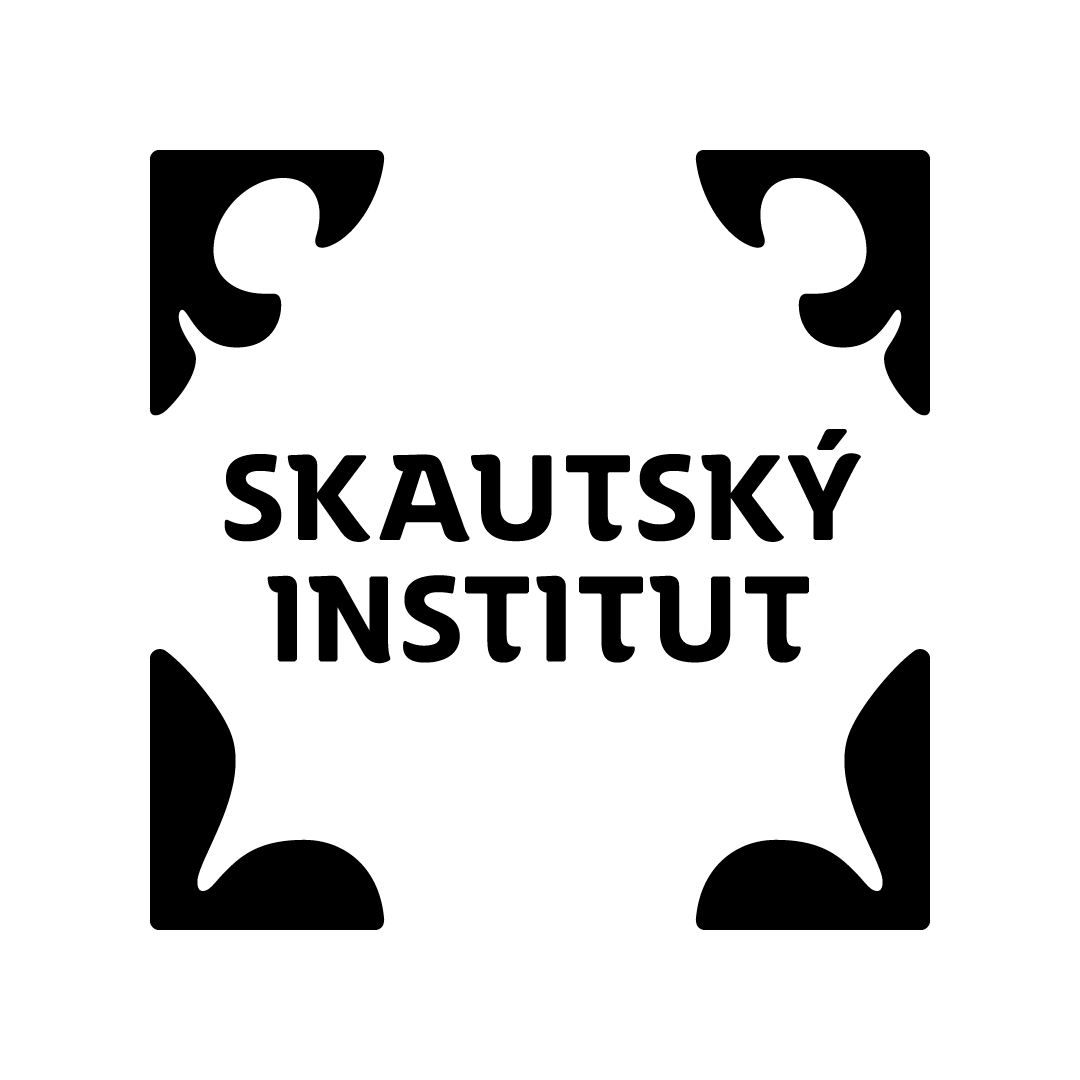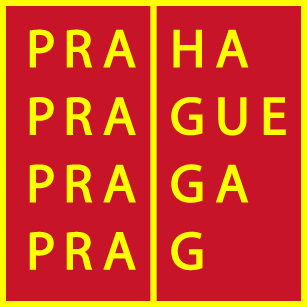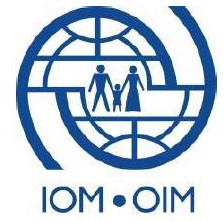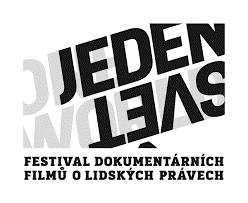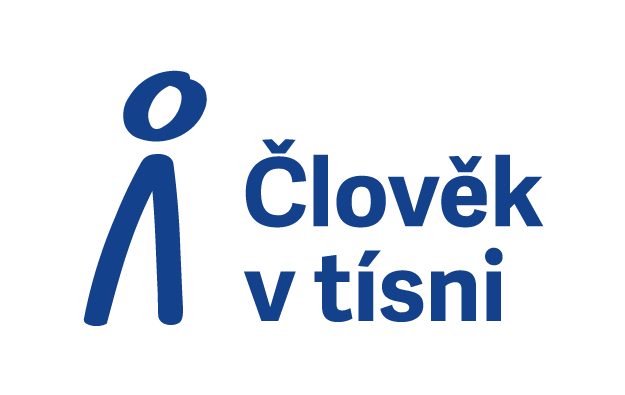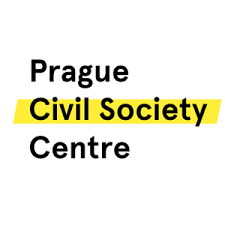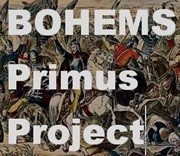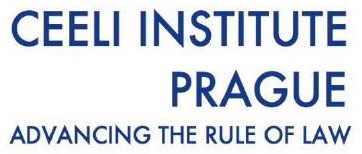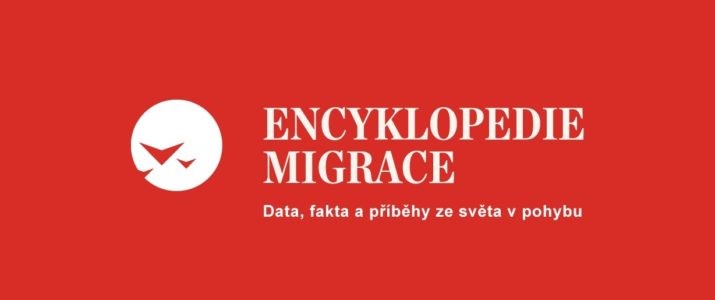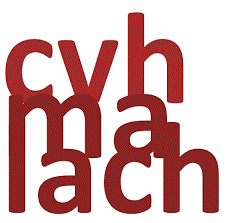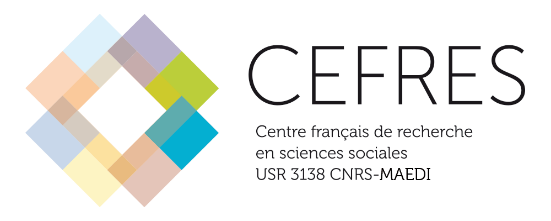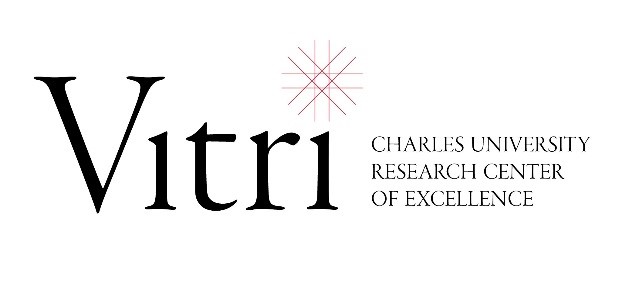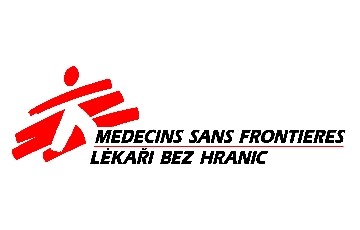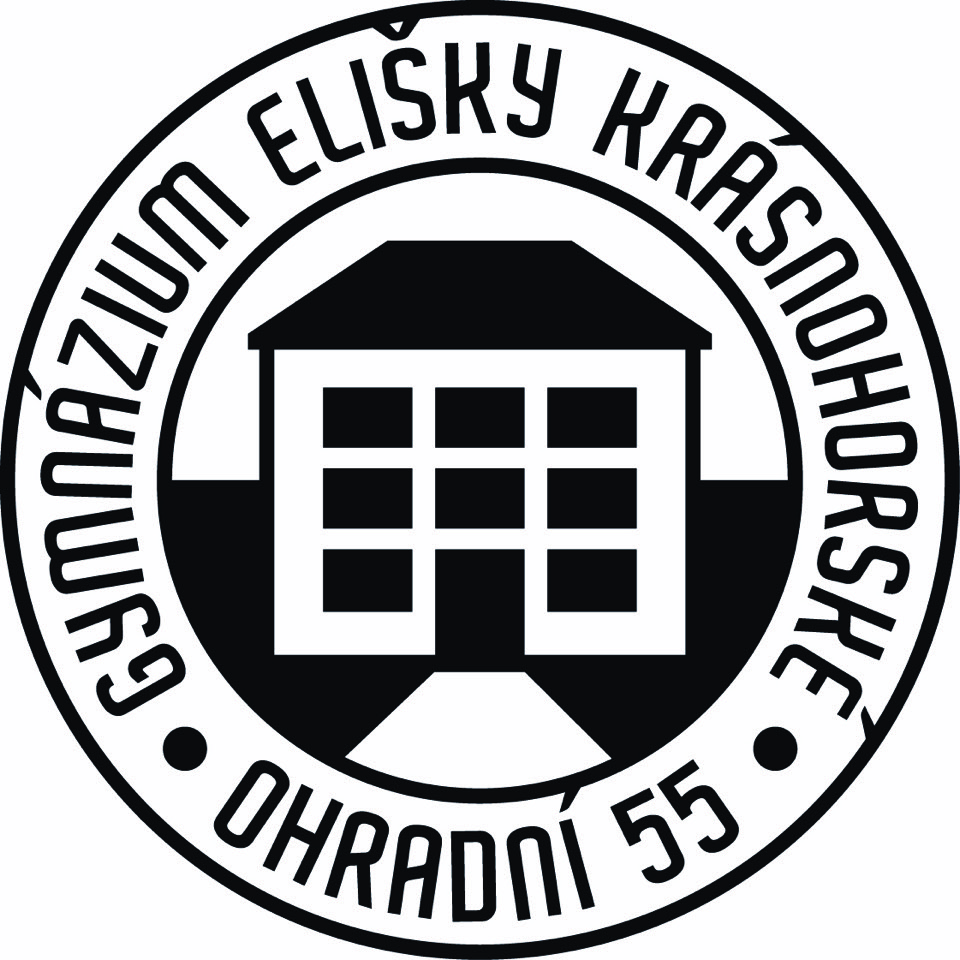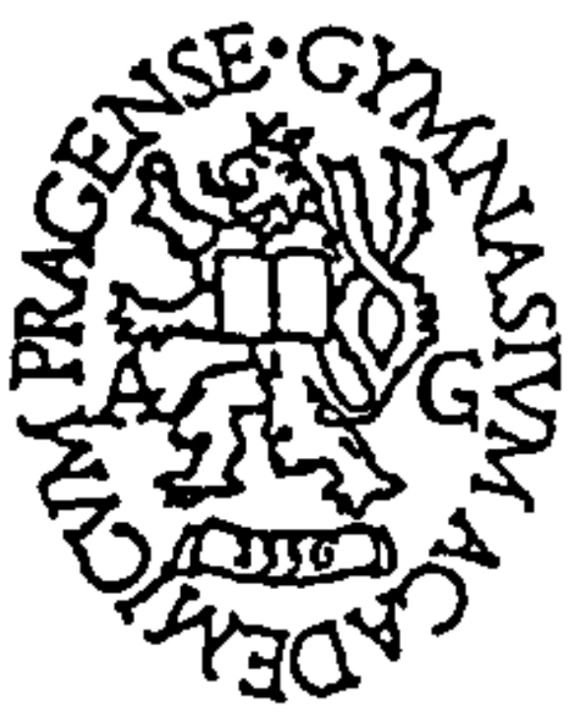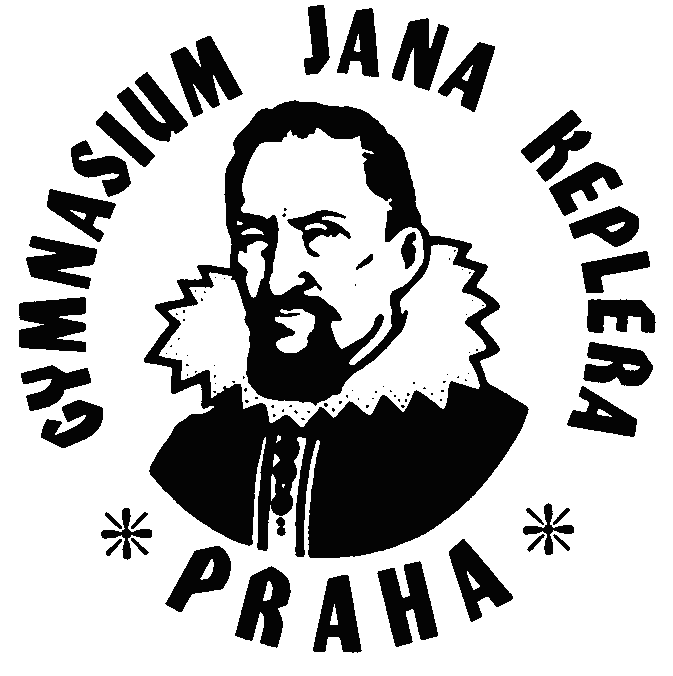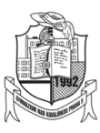Area studies
Area studies
Bachelor's degree in Czech language - distance form
General Information
The distance Bachelor's programme in Area Studies with specialisations in Area Studies or Contemporary History is an interdisciplinary field primarily focused on the northern hemisphere, specifically North America, Europe, and Eurasia. However, attention is also given to developments in Southeast Asia, Latin America, the Pacific region, and the Mediterranean. From a historical perspective, both specialisations concentrate on the period from the 19th century to the present day, with an emphasis on events after 1945, and thematically cover a broad range of areas, including politics, economics, culture, society, and international relations.
If you want to learn more about the opportunities and prospects that studying at the Institute of International Studies provides, feel free to visit our annual Open Day.
Admission Procedure
The admission requirements for the Bachelor's programme in Area Studies include completing secondary education with a school-leaving exam and successfully passing the admission process.
There are multiple methods to complete the admission process.
One option is to take the General Study Aptitude Test (OSP) as part of the National Comparison Tests (NSZ), which you register for directly with SCIO. Applicants with the highest achieved percentile are admitted, with the admission threshold set by the Dean.
The second option is to pass the final exam for the preparatory course in Area Studies successfully, which can serve as a substitute for the OSP test. Both the preparatory course and the final exam are conducted online. More information is available here.
Detailed information about the admission process conditions can be found:
For the specialisation in Area Studies here.
For the specialisation in Contemporary History here.
What to expect after completing your studies?
As graduates, you will possess interdisciplinary knowledge of modern history and the present of North America, Europe, and Eurasia. You will be able to gather and classify data and use it to solve practical and research tasks both domestically and abroad. You will be capable of leading a team dealing with specialised and related issues at various levels of expertise. You will be prepared to continue your education and pursue postgraduate master's studies, to find employment in both domestic and international government and non-governmental organisations, and to work in both the private and public sectors. An integral part of the programme includes international academic stays, work placements, and excursions both at home and abroad.
Why study Area Studies?
1. Lecturers
Teaching in both undergraduate and master's programmes is provided by a generationally balanced team of experts who teach subjects grounded in their long-standing research and publications. All lecturers are also here to offer you the necessary assistance and support, guiding you through your studies until you successfully complete them.
2. Flexibility
Distance learning offers flexibility in timing and the possibility to study from anywhere, making it easier to combine studies with work or family commitments. It eliminates the need for commuting, saving both time and costs. As students, you will be able to choose your own pace of learning, revisit more challenging sections, and develop digital skills through working with online materials. However, flexibility also means a greater emphasis on your independence and ability to organise your time. Success in distance learning primarily depends on your discipline and your ability to balance study obligations with work and personal life.
Even in the case of distance learning, you do not miss out on the benefits that university studies offer. Just like students in full-time programmes, you will have the opportunity to go on exchange or work internships in Europe and beyond during your studies. You can find out more about the various study abroad options here.
3. New skills and knowledge
As graduates of the bachelor's programme at IMS, you will have not only new knowledge and skills but also the ability to think critically and present topics, which you will further develop in your personal and professional growth. The experiences and contacts you gain from IMS can thus serve as a solid foundation for your future activities, whether you continue your studies at a master's level at home or abroad, or secure good positions in the workplace.
How will I find employment after my studies?
The employment prospects are very diverse. Approximately 70 per cent of IMS graduates go on to pursue their studies at the master's level. A bachelor's degree from IMS provides access to high-quality master's programmes not only at Charles University but also increasingly abroad. If you choose to work, holding both a bachelor's and a master's degree from IMS often leads to well-paid roles in the public sector, private firms, non-governmental organisations, and the media.
Programme's Structure
The course of study is defined by its study plan. This includes various types of courses and is based on earning credits through successful completion. In the bachelor's programme, you need to gather at least 180 credits. The structure and number of credits can be found in the electronic information manual, known as Karolinka


